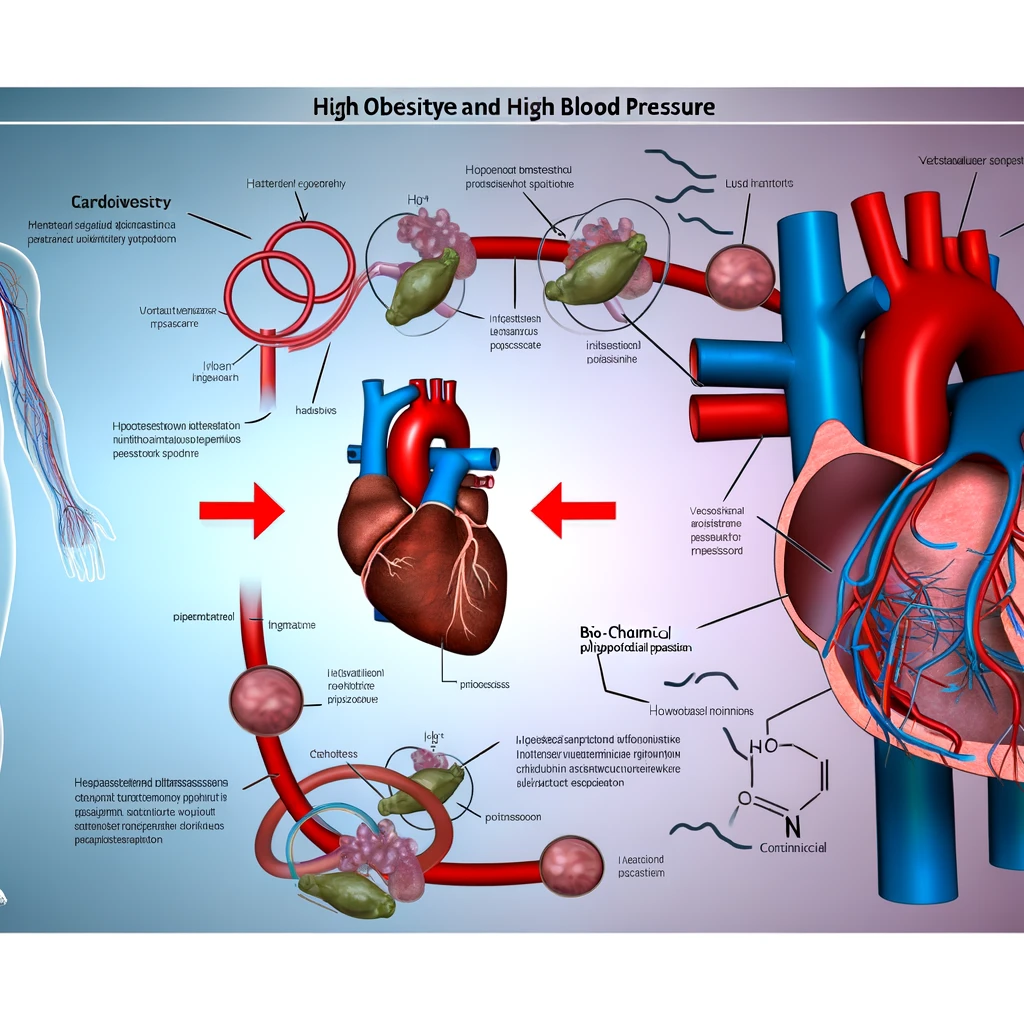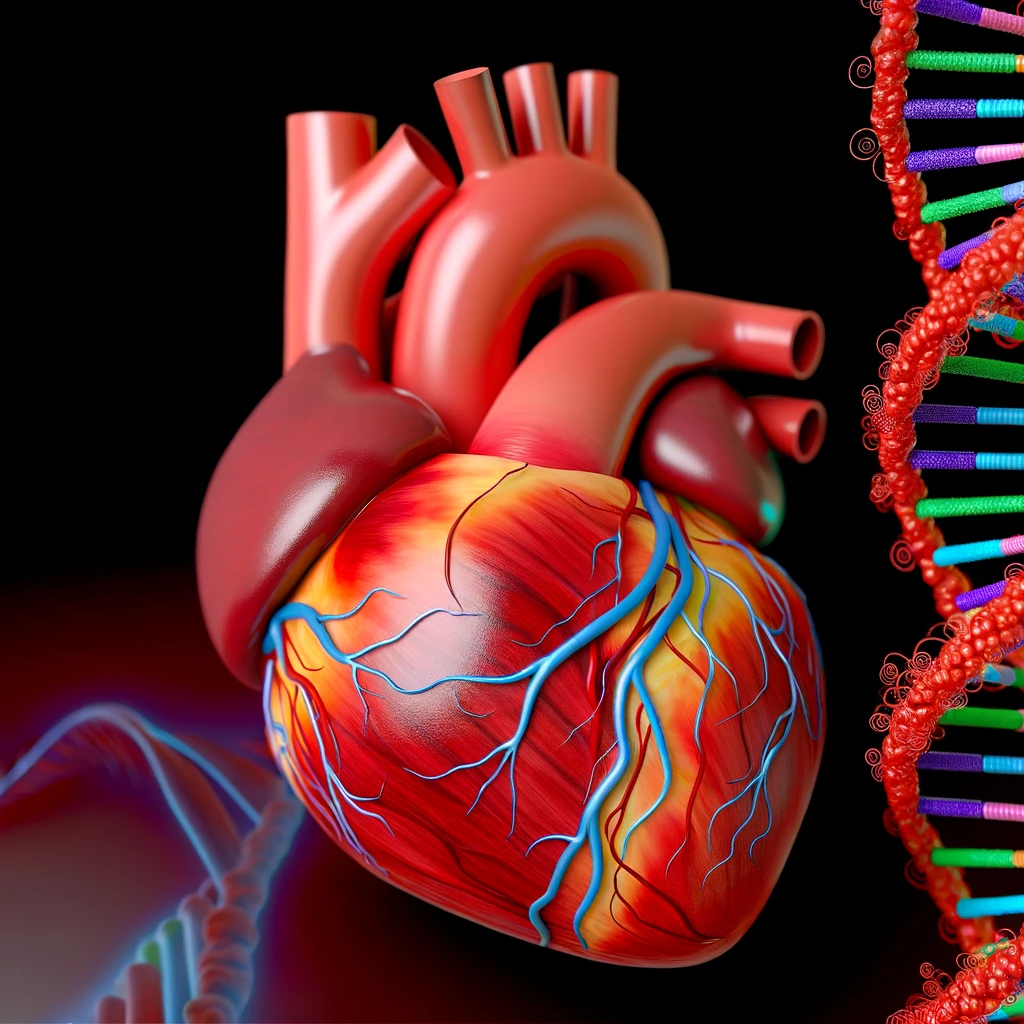Related Articles









Chronic hypertension, a condition characterized by persistently high blood pressure, is a prevalent health issue that affects millions of individuals worldwide. While the physical complications of this condition are well-documented, the psychological effects are often overlooked. This article delves into the mental health implications of chronic hypertension, exploring how it impacts individuals on a psychological level.
Before diving into the psychological effects, it's crucial to understand what chronic hypertension entails. Hypertension is defined by blood pressure readings consistently above 140/90 mm Hg. When these elevated levels persist over time without treatment, the condition is classified as chronic. The causes are multifaceted, ranging from genetic predisposition to lifestyle factors such as poor diet and lack of exercise.
The link between chronic hypertension and mental health is complex and bidirectional. On one hand, the stress of managing a long-term health condition can lead to anxiety and depression. On the other hand, mental health disorders can exacerbate hypertension through mechanisms such as stress-induced blood pressure spikes.
Chronic hypertension can significantly affect an individual's psychological well-being. The following are some of the key psychological effects:
Addressing the psychological effects of chronic hypertension requires a comprehensive approach. Here are some strategies that can help:
Cognitive-behavioral therapy (CBT) has proven effective in managing anxiety and depression associated with chronic conditions. It helps individuals develop coping mechanisms and alter negative thought patterns.
Incorporating regular physical activity, maintaining a balanced diet, and practicing stress-reduction techniques such as yoga and meditation can have a positive impact on both blood pressure and mental health.
In some cases, medications such as antidepressants or anti-anxiety drugs may be prescribed alongside antihypertensive treatments to manage psychological symptoms.
Chronic hypertension is not just a physical health concern; it encompasses a range of psychological effects that can significantly impact an individual's quality of life. By acknowledging and addressing these mental health components, healthcare providers can offer more holistic care to those affected by this condition.
Understanding the interplay between chronic hypertension and psychological well-being is crucial for effective management and improved patient outcomes. With the right strategies and support, individuals can navigate this condition more successfully, maintaining both physical and mental health.